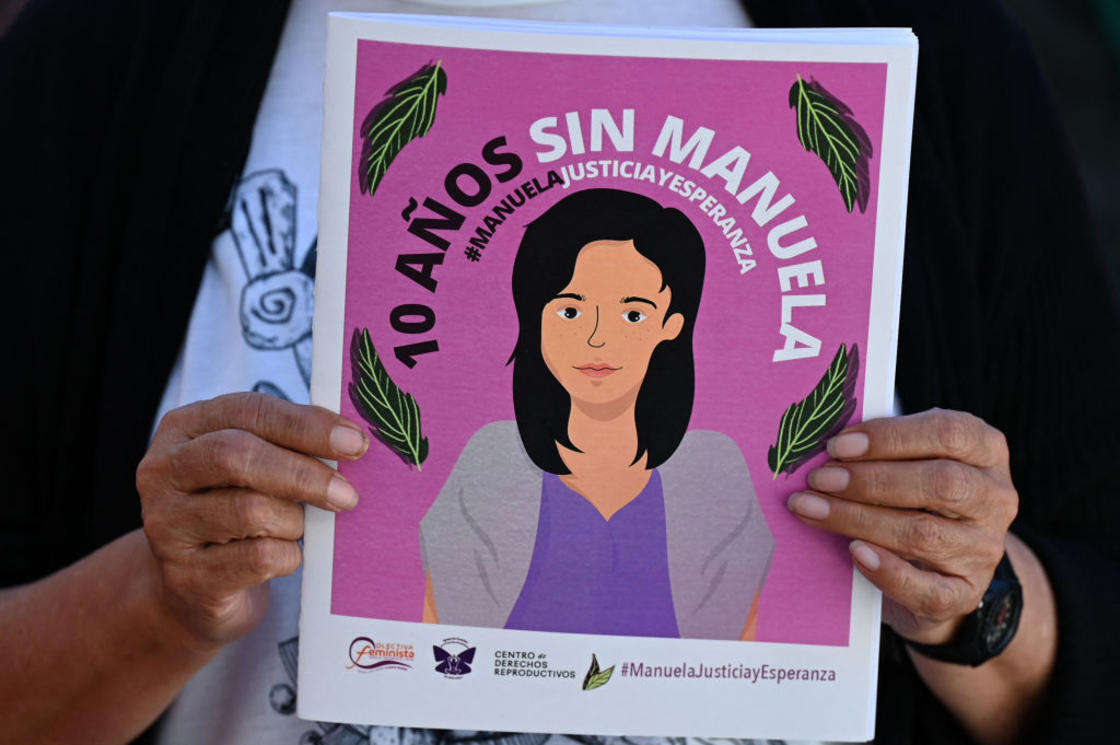
The 'Manuela vs. El Salvador' case brings to light the criminalization of abortion in the country
A 10-year-old case can forever change the history for thousands of women in El Salvador, where even having a miscarriage can cost freedom and life.
Manuela was sentenced to 30 years in prison after having an obstetric emergency and losing her baby. She was handcuffed to the hospital bed, where she went for treatment and was charged with aggravated homicide for having a miscarriage. In prison, she was diagnosed with lymphatic cancer and two years later, she died.
This week, rallies were held in San Salvador calling for justice in her case and has put the criminalization of abortion in the country on the political agenda. El Salvador has one of the toughest abortion laws in the world, and the procedure is totally prohibited. Unlike some Latin American countries, El Salvador does not allow abortion in cases of rape, incest, or danger to the health of the mother or child.
Last Wednesday, the Inter-American Court of Human Rights heard arguments in the case.
RELATED CONTENT
"We know that Manuela's case is not isolated and that many other women are in the same situation. When Manuela went to the hospital, the doctors and authorities immediately assumed she was guilty, against all due process guarantees," says Catalina Martínez Coral, regional director for Latin America and the Caribbean of the Center for Reproductive Rights.
#ManuelaJusticiaYEsperanza | Queremos contarte quién fue Manuela y por qué decidimos llevar su caso hasta la @CorteIDH.
— Centro de Derechos Reproductivos (@ReproRightsLAC) March 10, 2021
La Corte tiene la oportunidad de transformar la vida de millones de mujeres y niñas en América Latina.
¡Hiloy RT ! pic.twitter.com/AklF96VvW8
The court's decision is expected later this year with high expectations for the effect it may have on the region. It is a landmark trial that could set an important precedent for abortion policy and debate throughout Latin America.
The plaintiffs are not only seeking reparations for the family of the deceased, but are also demanding that the State assume its responsibility for failing to guarantee Manuela's right to health and life.











LEAVE A COMMENT: